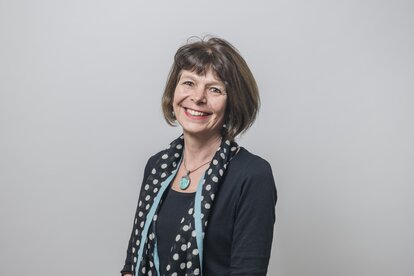Back at the beginning of this year, I wrote a posting about partnerships, and the importance of shared values on gender equality and social equity. During my August visit to Bangladesh, this was again a topic of focus, in the form of a partner workshop.
In Bangladesh we partner with over 20 different local NGOs, some as part of a long-term engagement through “generations” of different projects, and some as part of relatively recent interventions. In all cases, reasons for their selection have included presence in the area of operation, good grassroots contacts, and subject-matter competence. Similar development values to our own are also generally assumed, but not so often explicitly discussed in terms of mutual expectations. When compared against our partnerships with government and private bodies, however, the NGO sector is generally perceived to have a stronger “social conscience”. I was thus curious to see how representatives of 17 NGO partners reacted during a two day workshop on promoting gender equality and social equity: nothing new, or something to get excited about? The use of different methods – including a quiz, story-telling, human statues, and a partner visit – ensured that no-one complained of boredom. Furthermore, there was clear energy in the different group discussions.
The workshop was based around a mutual assessment of five organisational facets, taking a gender and social inclusion perspective. These were: written organisational commitments (vision and mission statements plus internal policies); governance (composition and functioning of the management and board of governors); activities; networks and alliances; and competences (staff composition and training; use of monitoring and evaluation systems, etc). The idea of the workshop was to reflect both on work in the field, and on internal organisational dynamics. To get into the topic, participants were asked to discuss their own experiences in the form of short stories – and to present the most “telling” amongst them in plenary.
The NGO ERA spoke about a case of a young woman employee who had experienced a very modern form of vengeance from a former boyfriend; he published intimate photos of her on social media. Given the conservative nature of Bangladesh society, this was especially shocking, and no doubt devastating for the young woman concerned. Many staff – and in particular men who had apparently made no secret of finding her attractive – immediately called for her resignation. Yet as the executive director pointed out, it was the young woman herself who was the injured party; losing her job would double the injury. He called instead for solidarity with her. Unfortunately, the young woman chose to leave the organisation. However, the incident did serve to provoke a lot of discussion on prevailing attitudes and gendered expectations amongst staff.
The NGO Sabalamby spoke about being reprimanded by local people when working with women’s groups using the technique Reflect (according to the concept of Paulo Freire). A member of their staff was challenged by the husband of one of the women; he complained that ever since attending the group, she had started disagreeing and arguing with him. He wanted to know why the NGO was spoiling his wife, and the wives of other men in the village. Having discussed the matter internally with the rest of the team, the field staff decided to organize a village meeting. A large (mainly male) crowd gathered, strongly supporting the complainant. Their position was basically, “If you do not want to separate us, you have to sit with us, you have to talk with us too.” Whilst this event took place over 10 years ago, it has apparently stayed in the collective organisational memory as an important gender lesson – underlying the need to always consult with both men and women.
There is always a risk that story-telling in workshops produces rosy narratives and no deeper reflection. Yet what struck me from these examples was an important organisational strength: the willingness to be self-critical, and to learn from mistakes.


